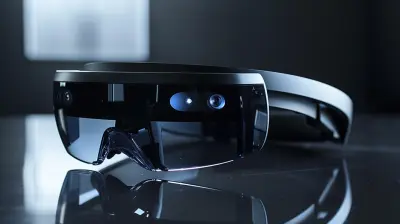The Growth of AI-Powered Assistants at Tech Conferences
17 July 2025
Tech conferences have always been a hotbed for innovation, networking, and knowledge sharing. But in recent years, something fascinating has been happening—AI-powered assistants are taking center stage. From organizing schedules to answering attendee queries and even facilitating networking, these intelligent assistants are reshaping how tech conferences operate.
The days of wandering around with a paper schedule (or even a basic event app) are fading. AI-powered assistants are stepping in to make everything smoother, smarter, and, most importantly, more efficient. But how did we get here, and what does the future hold for AI at tech events? Let's dive in. 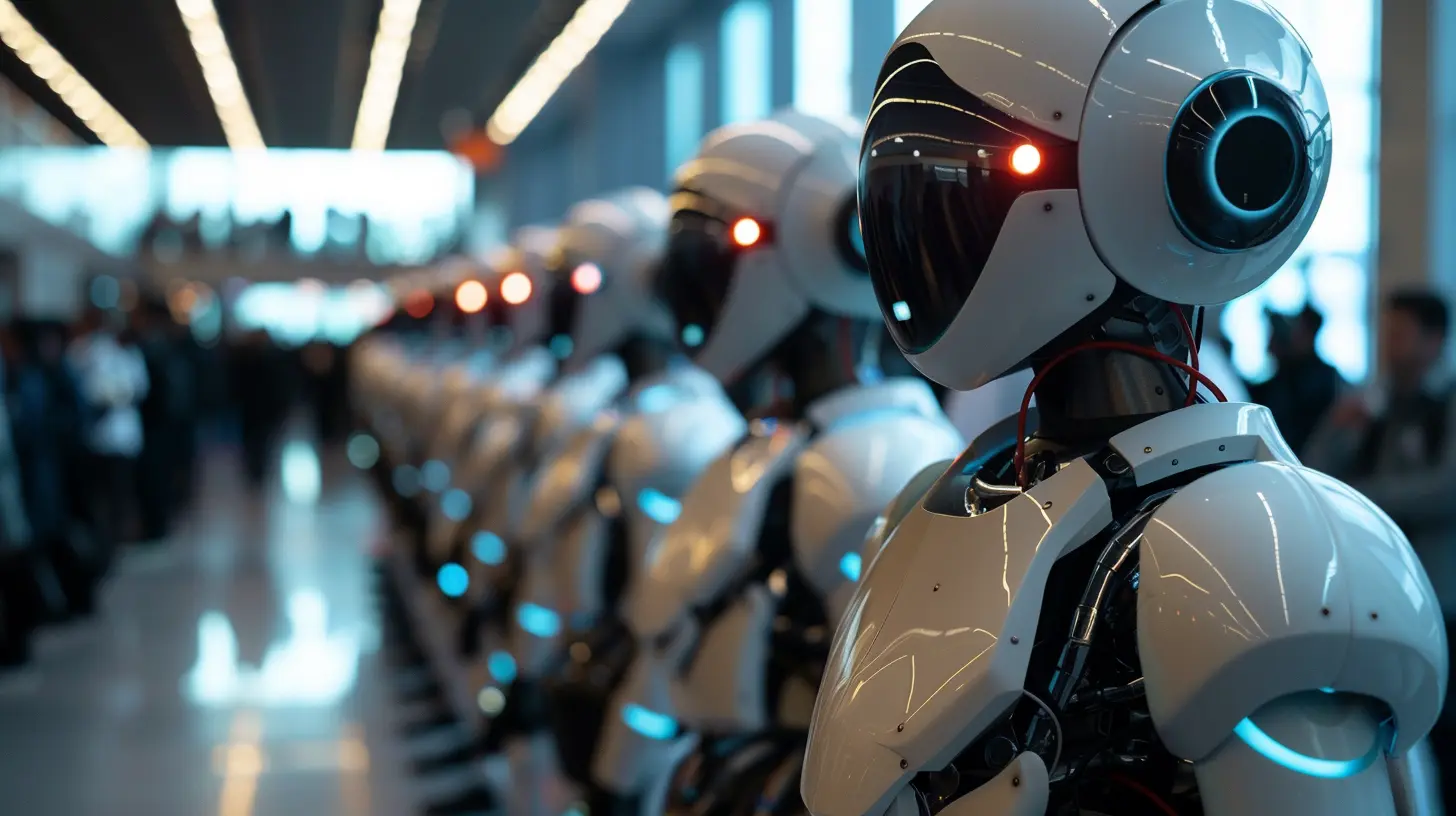
The Rise of AI in Tech Conferences
AI-powered assistants didn't just appear overnight. Their presence at tech conferences is the result of years of technological advancements in natural language processing (NLP), machine learning, and automation.Why AI Assistants Make Sense for Tech Events
Tech conferences are massive undertakings. Thousands of attendees, hundreds of speakers, dozens of breakout sessions—it’s like organizing a well-oiled machine. But human limitations make information retrieval, scheduling, and assistance a challenge.This is where AI steps in. Unlike human staff, AI assistants don't need breaks, don’t get overwhelmed, and can provide instant answers. They make events run smoothly while improving attendee experiences.
The Technology Behind AI Assistants
AI-powered assistants rely on a combination of cutting-edge technologies:- Natural Language Processing (NLP): Helps them understand and respond to text and voice commands.
- Machine Learning: Allows them to "learn" from interactions and improve over time.
- Conversational AI: Enables them to hold meaningful conversations rather than just provide robotic responses.
- Integration with Event Apps: Many AI assistants seamlessly sync with event platforms to offer real-time updates and personalization.
These tech advances have taken AI assistants from simple chatbots to full-fledged virtual event concierges. 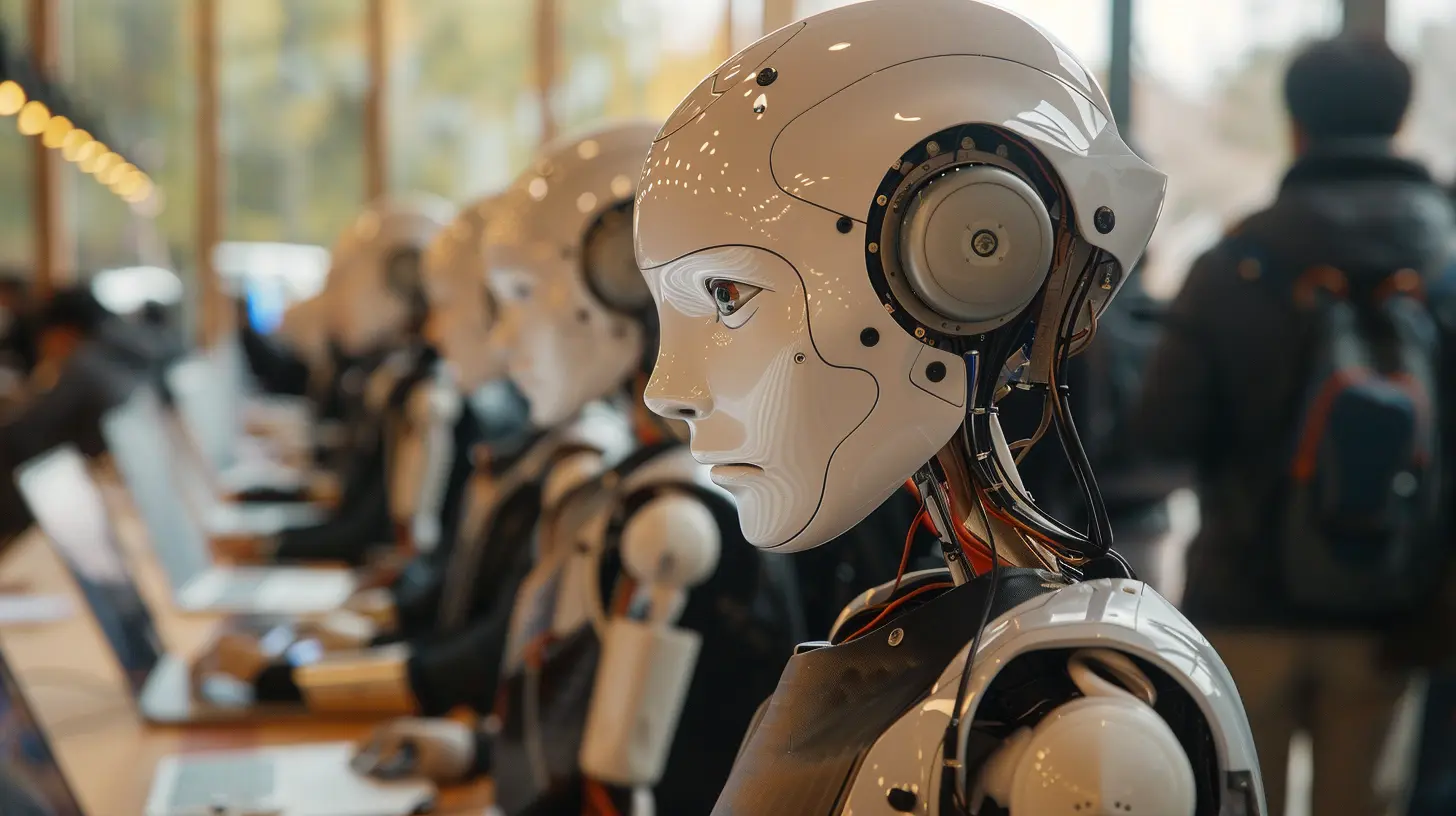
How AI Assistants Are Changing Tech Conferences
The impact of AI at tech conferences is already profound. Here’s how these assistants are revolutionizing the industry:1. Personalized Attendee Experience
Imagine arriving at a massive tech conference and having an AI assistant that knows exactly what sessions interest you. Instead of aimlessly scrolling through an overwhelming agenda, your AI guide suggests keynotes and panels based on your interests.These assistants can:
- Recommend sessions based on past interactions.
- Remind attendees about upcoming events.
- Offer real-time updates if there are schedule changes.
- Provide tailored networking recommendations.
It’s like having a personal event concierge in your pocket.
2. Efficient Query Resolution
Conferences involve thousands of people asking questions—"Where is this session?", "Is lunch provided?", "Who’s the keynote speaker?" Traditionally, answering these queries required a massive human support team.AI assistants now handle this seamlessly. Attendees can ask questions through chat or voice, and the AI provides instant, accurate responses.
For example:
Attendee: "Where’s the registration booth?"
AI Assistant: "It's located in Hall A, next to the entrance. Would you like directions?"
No more waiting in line for help desks—just instant support 24/7.
3. Intelligent Networking Assistance
Networking is one of the biggest reasons people attend tech conferences, but let’s be honest—it can be awkward. AI-powered assistants are now stepping in to make networking easier and more effective.These assistants can:
- Suggest connections based on shared interests or industries.
- Recommend networking events or meetups.
- Facilitate introductions via event apps.
It's like having a digital wingman that ensures you meet the right people.
4. Real-Time Event Insights and Analytics
Event organizers also benefit from AI. AI-powered assistants gather data on attendee interactions, helping organizers track:- Which sessions are most popular.
- Common attendee queries (helping improve future conferences).
- Engagement levels throughout the event.
With real-time insights, organizers can make data-driven decisions, like adjusting schedules, improving session logistics, or even predicting attendance for future events.
5. Virtual and Hybrid Event Support
Since the pandemic, virtual and hybrid events have become the norm. AI assistants are especially useful in these settings, providing seamless interaction across in-person and online audiences.For virtual attendees, AI assistants can:
- Guide them through virtual booths and exhibits.
- Provide real-time Q&A during live sessions.
- Offer networking opportunities through AI-matched meetups.
Whether online or in-person, AI makes sure no attendee feels left out. 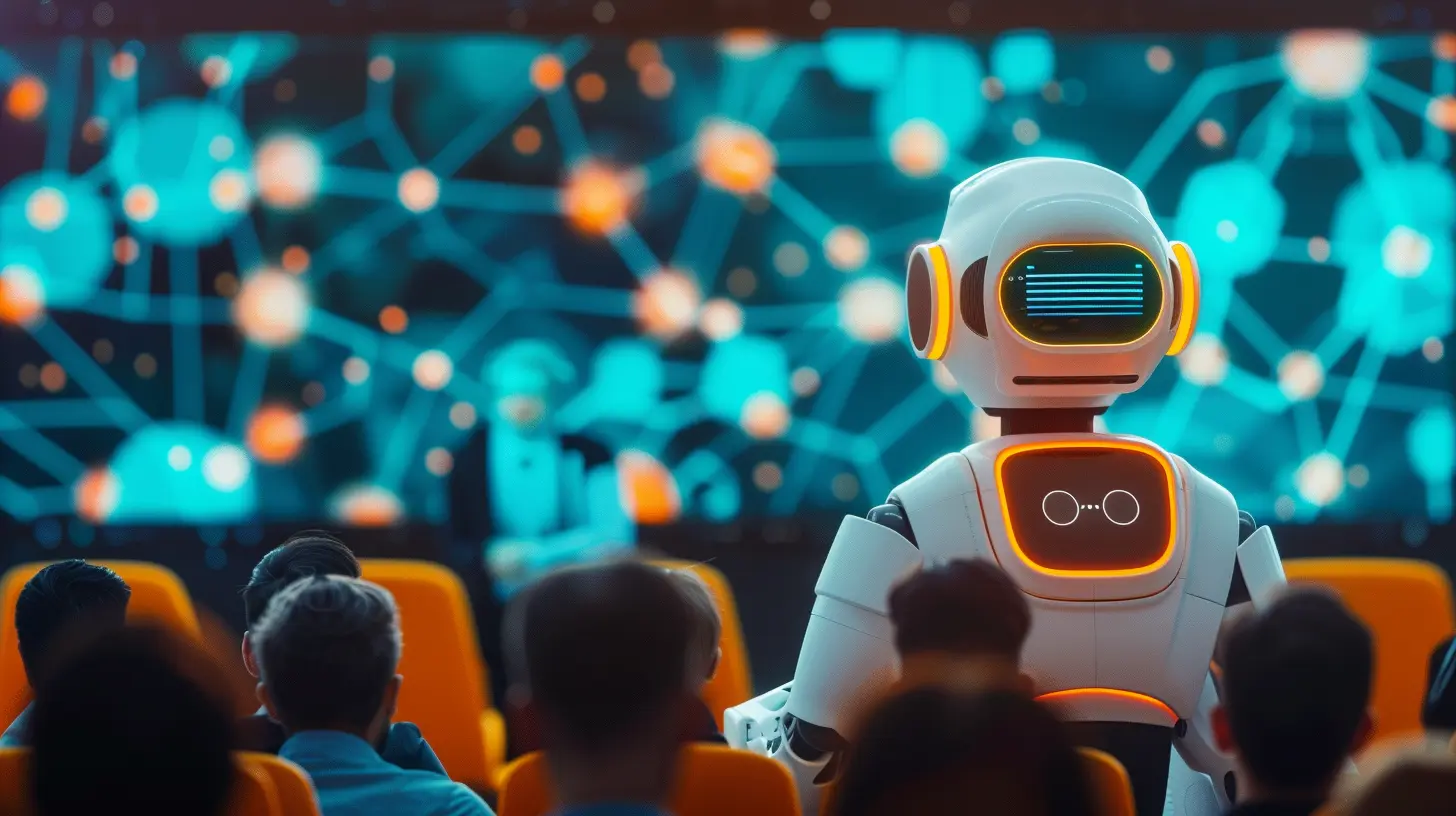
Real-World Examples of AI Assistants at Tech Conferences
Several major tech conferences have already embraced AI-powered assistants, showcasing their effectiveness:- CES (Consumer Electronics Show): AI chatbots have been used to help attendees navigate the massive event, offering instant information on exhibitor locations and session schedules.
- Web Summit: AI matchmaking tools connect attendees with like-minded professionals, improving networking success rates.
- Google I/O & Microsoft Ignite: AI-driven event apps assist attendees with schedules, reminders, and key session highlights.
With these big names leading the way, AI in tech conferences is only going to get bigger. 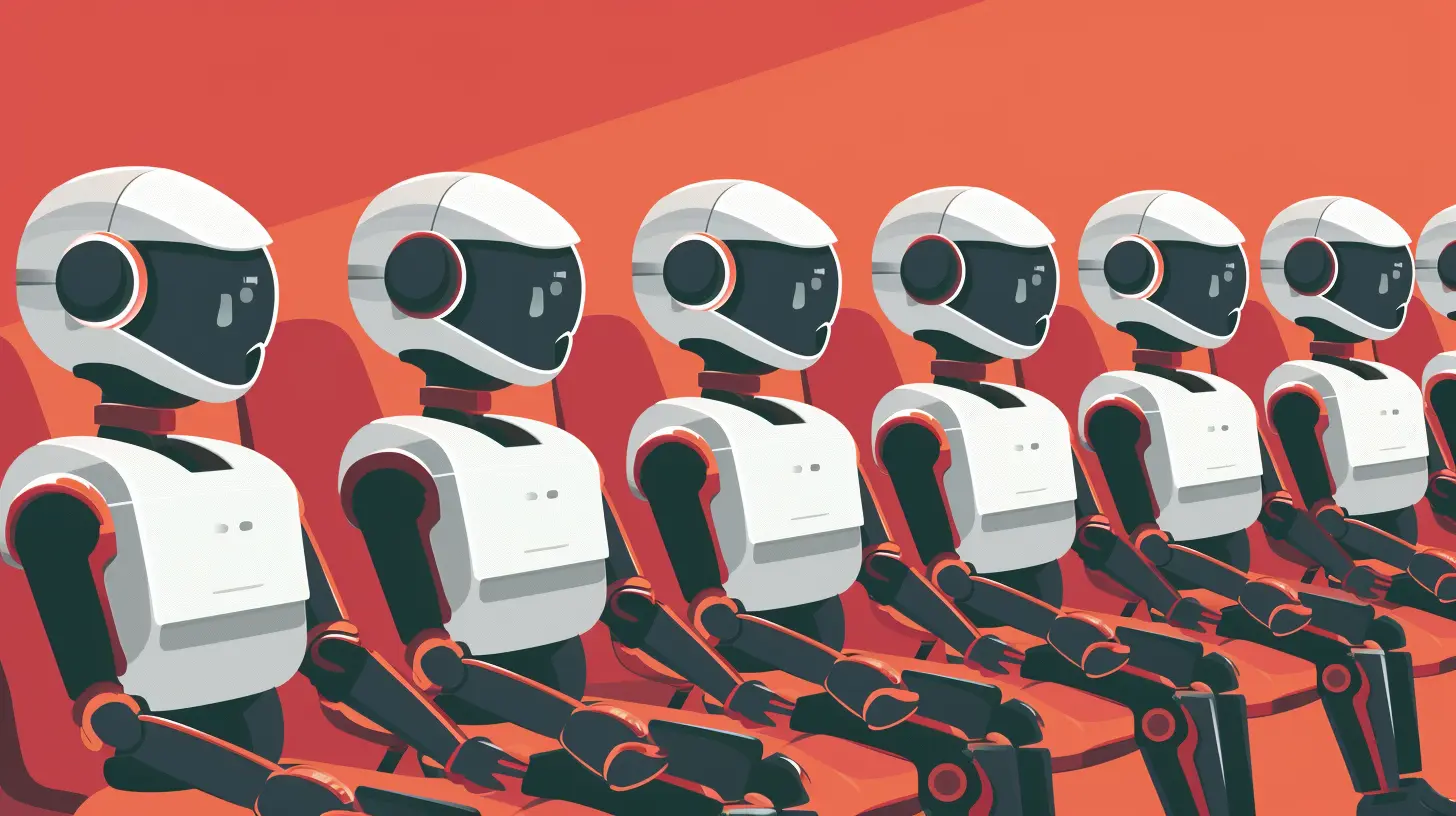
Challenges and Considerations
Of course, AI-powered assistants aren’t perfect. There are challenges and limitations that event organizers need to consider.1. Accuracy and Reliability
No AI is 100% error-free. Miscommunications and incorrect information can sometimes occur, frustrating attendees. Continuous training and improvement are necessary to refine AI responses.2. Privacy Concerns
AI assistants process vast amounts of attendee data. Organizers must ensure compliance with data privacy regulations (like GDPR) to maintain trust. Transparent policies on data usage are a must.3. Balancing AI and Human Interaction
AI can enhance conferences, but it shouldn't replace human interaction entirely. Certain tasks—like handling complex attendee complaints—still require a human touch.The best approach? A hybrid model where AI handles routine queries while human staff tackles complex issues.
The Future of AI-Powered Assistants at Tech Conferences
AI is evolving fast, and its role in tech conferences is only going to grow. What’s next?1. AI-Powered AR & VR Assistants
Imagine attending a conference where an AI-driven augmented reality (AR) assistant guides you visually through the venue. Instead of looking at maps, you’ll see virtual arrows showing you where to go in real time.2. More Advanced Conversational AI
AI assistants will become more human-like, holding natural conversations rather than offering robotic responses. This will make interactions feel more fluid and engaging.3. Predictive Assistance
In the future, AI assistants could anticipate attendee needs before they even ask—suggesting break times, notifying you when a session fills up, or even recommending post-event follow-ups.Wrapping It Up
AI-powered assistants are no longer just a cool novelty at tech conferences—they’re becoming essential. From improving attendee experiences to streamlining event logistics, AI is changing the game.As technology advances, these assistants will only get smarter, more efficient, and more integrated into our conference experiences. So the next time you're at a tech event, don’t be surprised if an AI assistant is your most helpful companion.
all images in this post were generated using AI tools
Category:
Tech EventsAuthor:

Pierre McCord
Discussion
rate this article
2 comments
Foster Moore
AI-powered assistants at tech conferences are like the cool kids at school—always ready to help, never lose their energy, and definitely better at remembering your schedule than you are. Let the future assist you!
January 22, 2026 at 4:16 AM

Pierre McCord
Thank you for your insightful comment! AI-powered assistants truly are revolutionizing the way we engage at tech conferences, making our experiences more efficient and enjoyable. Exciting times ahead!
Avery Hernandez
Exciting times are ahead! The rise of AI-powered assistants at tech conferences is transforming the way we connect, learn, and innovate. Embrace the future and unlock limitless possibilities together!
July 29, 2025 at 4:28 AM

Pierre McCord
Thank you! Indeed, AI-powered assistants are revolutionizing our experiences at tech conferences, enhancing connections and fostering innovation like never before. Let's embrace these transformative changes!
